ESA’s Parastronaut begins training in Germany
21st Jun 2023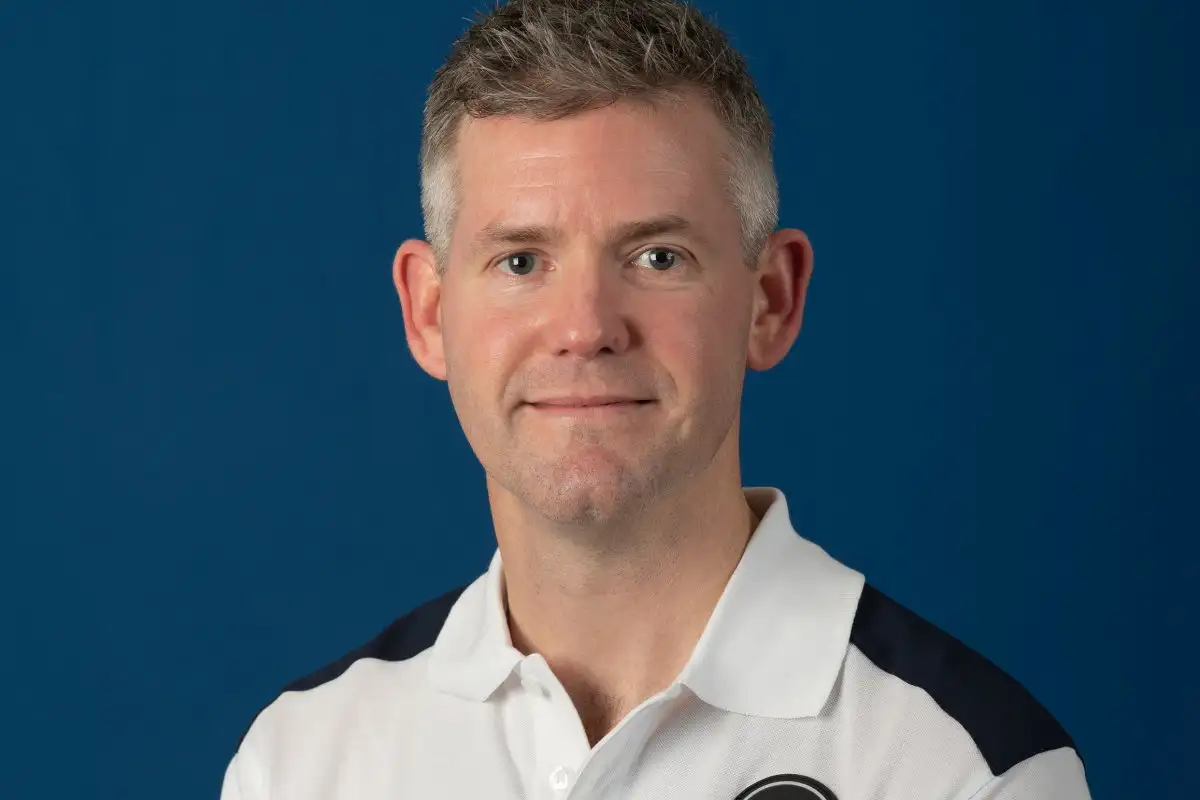
After being selected as the first Parastronaut for the European Space Agency’s (ESA) next astronaut class in November 2022, UK-born John McFall arrived in Germany to begin preparing for spaceflight. According to the UK Space Agency’s statement on 19th June, the former Paralympian and NHS Surgeon will undergo a feasibility study at the European Astronaut Centre for two years to work on making spaceflight accessible to people with disabilities.
Parastronaut training begins
Over the next few years, John McFall will join ESA’s Fly! Feasibility Study, which is aimed at studying the impacts space will have on people with disabilities. The study will help determine how “traditional equipment and facilities for astronaut life could be made more accessible and allow for a wider range of people to qualify for human spaceflight,” according to the UKSA.
As part of the study, McFall, who suffered from a motorcycle accident at age 19 that resulted in an above-knee amputation, will undergo astronaut training, including sea survival and testing in hyperbaric – low atmospheric pressure – environments to study how space impacts an amputee wearing a prosthesis and discover potential solutions.
“While the feasibility study is bespoke to my own disability, this programme delivers a powerful message, which I hope will both broaden people’s appreciation of what people with disabilities can do, as well as inspire people with a range of disabilities about the opportunities available to them,” McFall said.
“My three children are really stoked to be moving to Germany and about the fact that their dad could one day go into space. It’s helping to engage them, especially my two daughters, with STEM learning, which is hugely important to me.”
ESA investing in hardware to support disabilities
In early 2021, ESA opened applications calling for people with disabilities who would be interested in becoming an astronaut. The agency explained it was “ready to invest in defining the necessary adaptations of space hardware in an effort to enable these otherwise excellently qualified professionals to serve as professional crew members on a safe and useful space mission.”
In March, ESA released a document outlining the Fly! Feasibility Study. It is aimed at enhancing inclusiveness and a fair reputation within the industry, in the hopes that a Parastronaut could fly to space in the future.
“John’s selection as the first ever astronaut with a physical disability is a landmark moment for the global space sector. It will help us discover new and more inclusive ways of working, demonstrating first-hand that space offer opportunities for everyone,” said CEO of the UKSA, Dr. Paul Bate.
New ESA astronaut cohort
In November 2022, ESA announced its next astronaut cohort, comprised of almost 50% men and women. It was the first time since 2008 that the agency opened applications for a new set of astronauts, and the opportunity sparked a surge of 23,000 submissions. This is compared to the 10,000 people that applied in 2008.
Three future UK astronauts help comprise the ESA Class of 2022. They include Career Astronaut Rosemary Coogan, first-ever ESA Parastronaut John McFall, and Reserve Astronaut Meganne Christian.
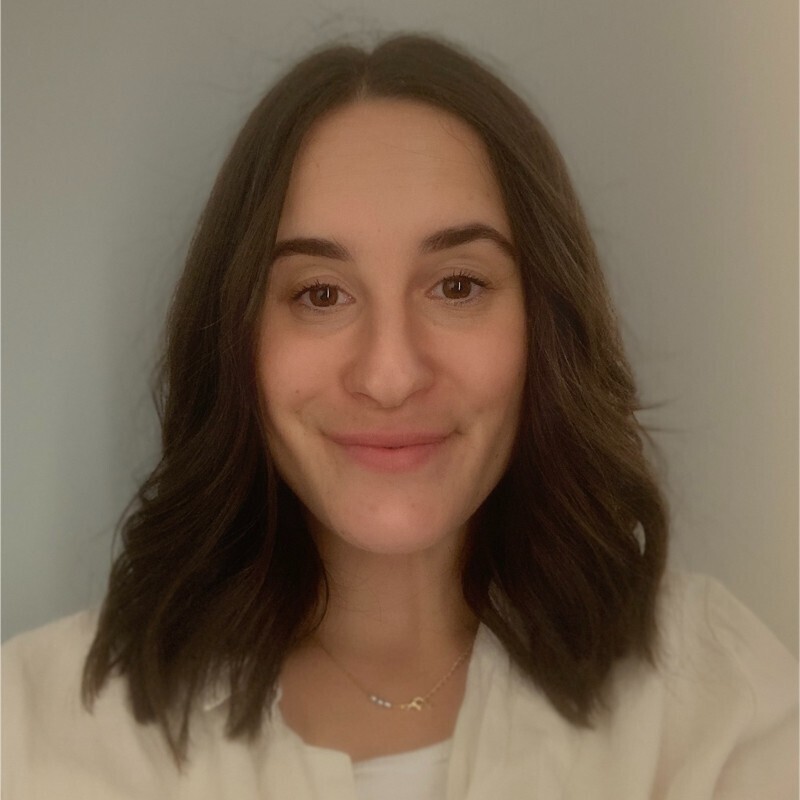
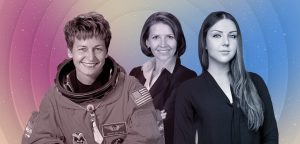
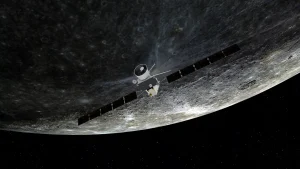



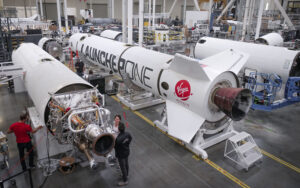
Thank you for your comment! It will be visible on the site after moderation.